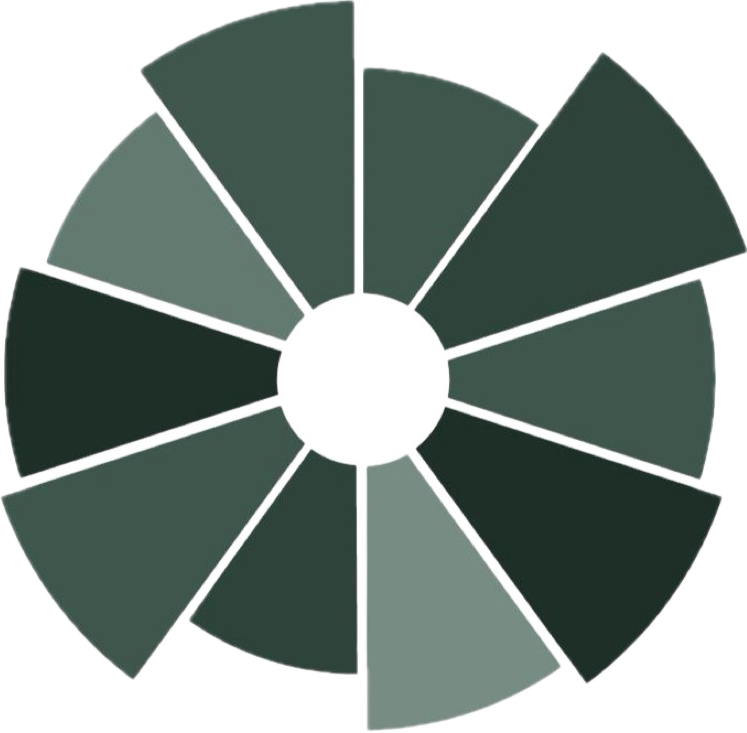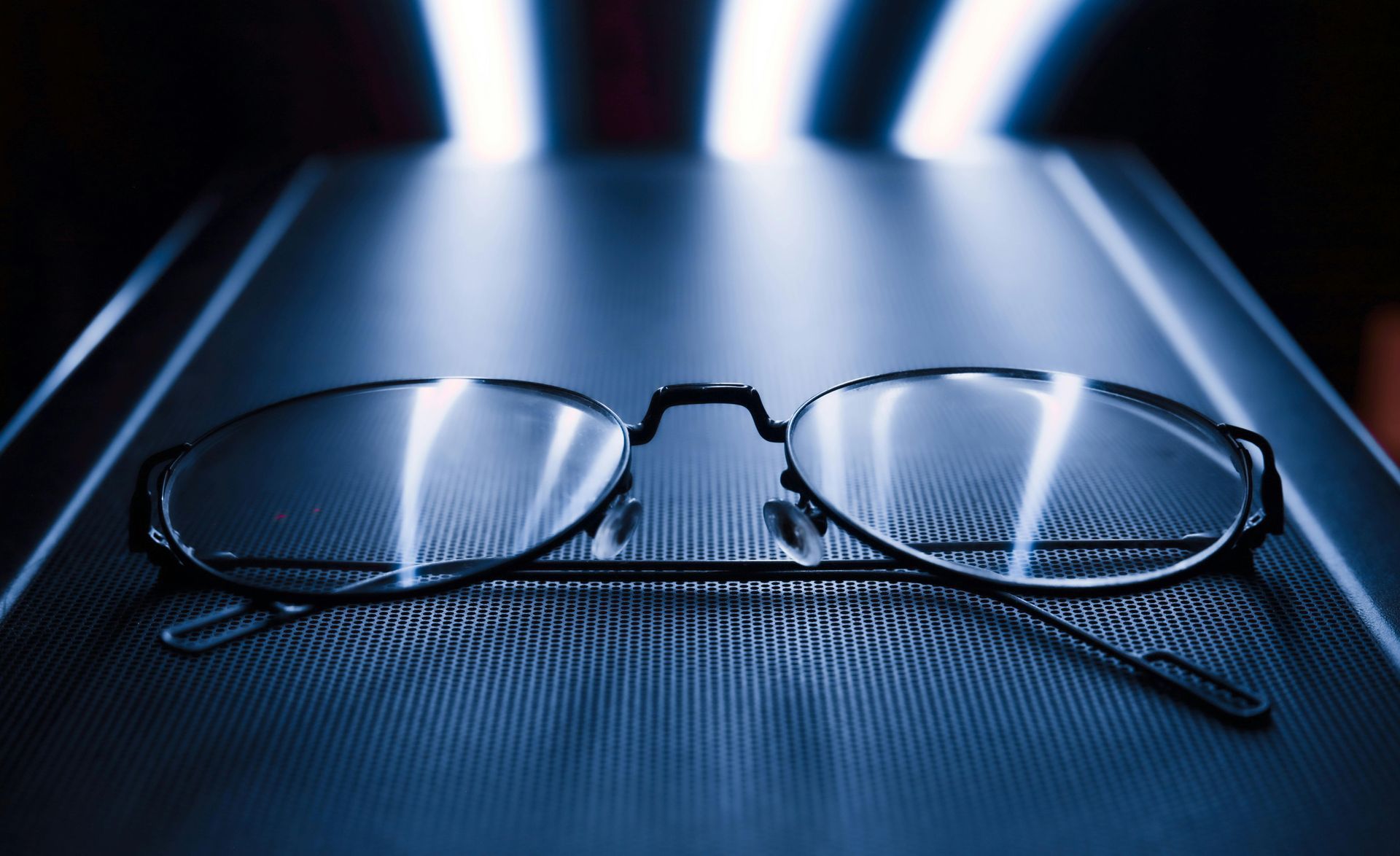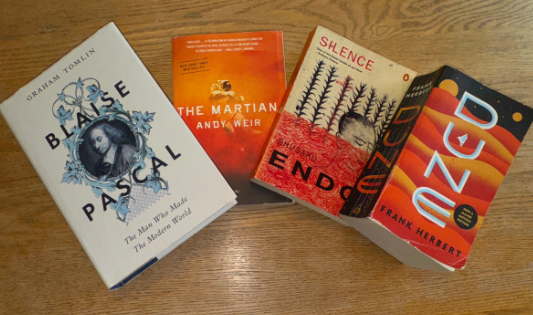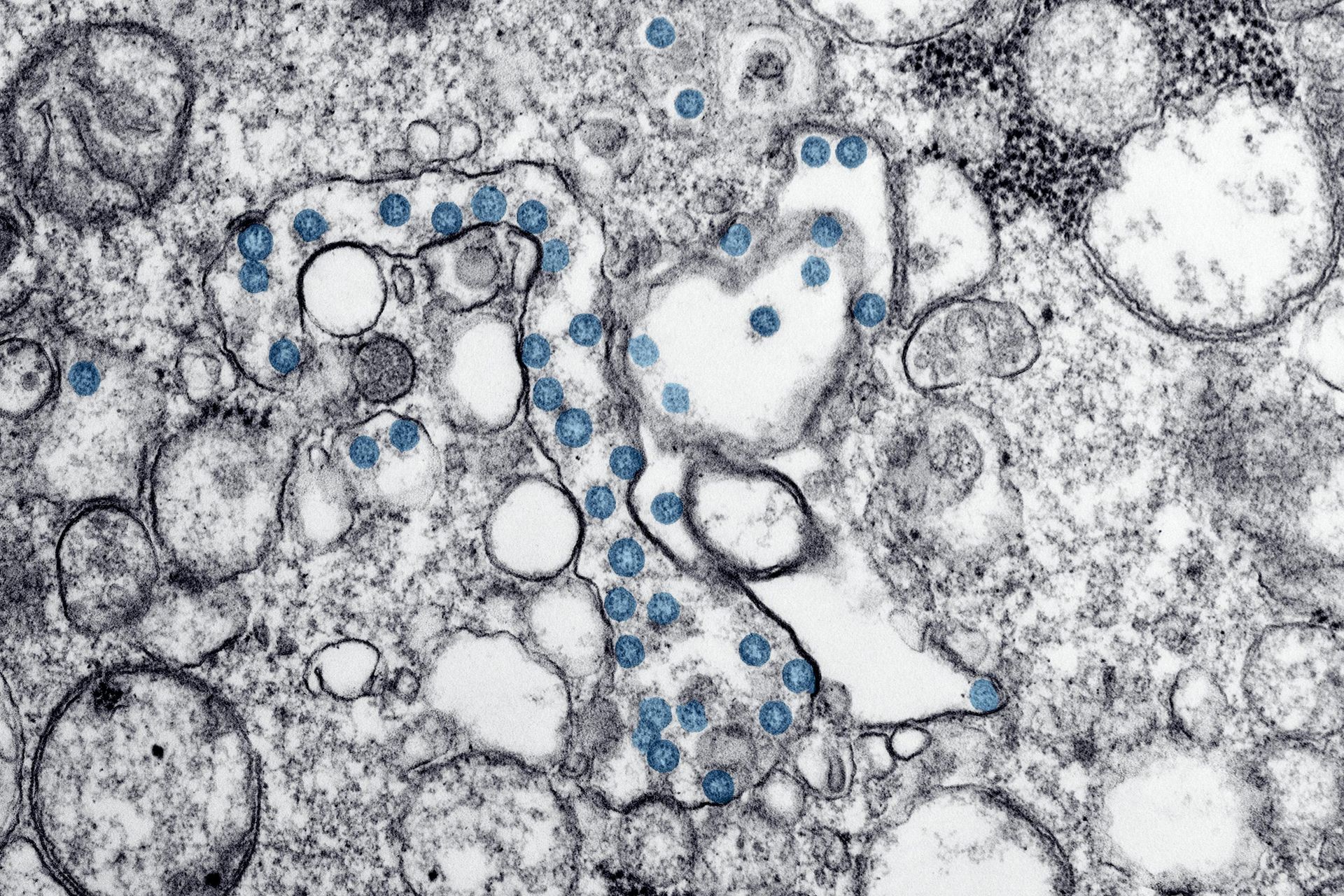the good doctor on: Canada Day
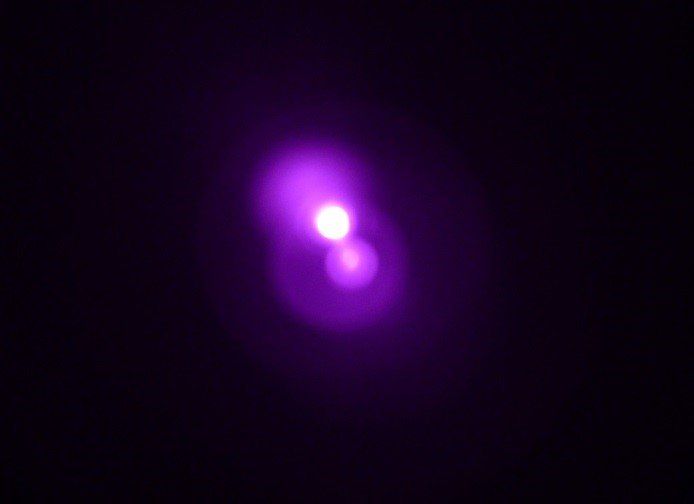
Blog # eleven,
Happy Canada Day, 153 years old,
We see red on July 1st. The red maple leaf that centres our flag is celebrated today, when our predecessors were motivated enough to put aside their differences and form this great land of ours. I want to talk about something even greater than red: infrared. Visible light, as seen by the human eye goes from violet on the short end all the way to red on the longer. Beyond the spectrum is energy we cannot see, ultra-violet(UV)and infrared (IR). There is much discussion about UV, especially in the summer with UV indexes and UV blockers, and UVC to kill viruses, a very powerful form of energy. Infrared is a big part of our lives too. It is used in our everyday lives, in saunas, remote controls on devices like TV’s, transmitting fibre optic data, for night vision cameras, and for the optical coherence tomographer (OCT). Unlike UV it packs a lot less energy usually not causing damage to our cells.
Being from
Hamilton area, one cannot help thinking of steel mills and blast furnaces. In these settings the intensity of IR is so
great that damage can occur to the cornea and the lens of the eye. Fortunately, we have protective goggles and
suits to protect us in these settings.
At Burlington Eyecare we use IR every day, from your initial screening
with an IR thermometer to measure body temperature to the final assessment with
the OCT. The eye is one of the few
places in the body where you can examine the body’s circulation. The OCT uses IR beams to take 3D pictures of
the structures of the eye. The latest
version of OCT which Burlington Eyecare uses can even map the circulation of
the choroid. Some very smart people
decided to change the wavelength of the IR, so less gets absorbed by the red
blood cells, and instead reflected back to the instrument. Also, by doing a lot more scans this new IR
can track the movement of the blood cells through the choroid. With OCT we can perform a scan in seconds, to
detect and/or monitor ocular conditionslike wet macular degeneration, diabetic
retinopathy, and glaucoma. Studies are presently being done on using this
technology for detecting systemic circulatory conditions
like early alzheimer’s
disease.
We are thankful to scientists and technicians that have developed these technologies and have adapted them for medical uses. So the next time you think of the red maple leaf, think infrared, think Burlington Eyecare and how we continue provide the care that you have come to know and trust.
Happy Canada Day, eh!
The Good Doctor, Dr. Mark Germain, Burlington Optometrist
